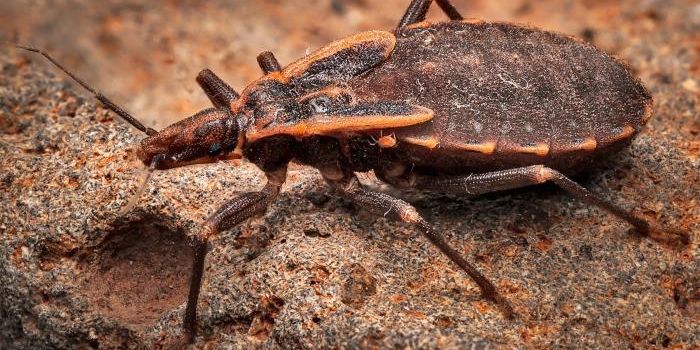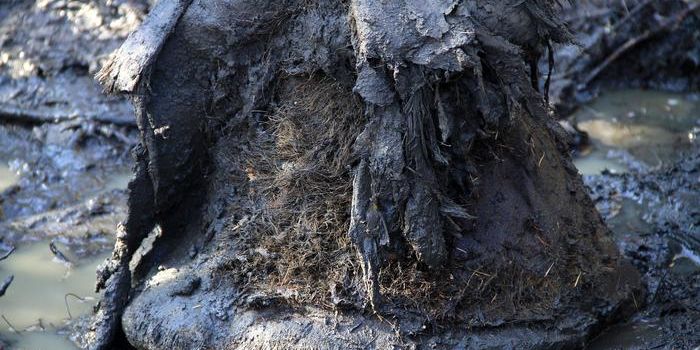Malawi is Relocating 500 Elephants
Elephants are one of the hardest-hit creatures by animal poachers because of their ivory tusks, which inhabitants of other countries use as both status symbols and ingredients in traditional medicines. Because many are just sitting ducks for poachers, wildlife conservationists are stepping up to the plate, acting to protect these magnificent creatures from a cruel fate.
Image Credit: Designerpoint/Pixabay
Park rangers from Malawi are currently undergoing a massive relocation project that will move more than 500 elephants from the somewhat over-populated Liwonde and Majete National Parks in the south to the Nkhotakota Wildlife Reserve farther north.
The latter site was struck hard by illegal elephant poaching, so the aim is to re-populate the reserve with new elephants to help prevent those in the region from going extinct. Almost like killing two birds with one stone, the relocation project also contributes to removing some excess elephant populations from the crowded southern Malawi.
To safely transport the elephants, which weigh over 3 tons apiece, they must be sedated by administering extremely potent drugs via dart guns. These are non-lethal and put the creatures into a sleep-like trance so that a crane can hoist them onto trailers.
In the sedated state, the animals can’t harm themselves or the rangers accompanying them during relocation. Additionally, they're able to wake up and get right back on their feet once they arrive at their destination.
Related: Liberian president signs new plan to protect elephants
Helping to make the relocation process easier on the elephants, they’re being transported in family packs. The surroundings of their new home will be unfamiliar, but they’ll at least recognize each other, which keeps their stress levels at a minimum as they become accustomed to their new environment.
It’s a large-scale relocation project, perhaps one of the largest of its kind for elephants alone. It will take a ton of energy and money to accomplish the task, but could be all worth it in the long haul.
It's not the first time animal conservationists decided on a massive animal transfer to replenish populations, and it won’t be the last. Just recently, Zimbabwe approved the transfer of a whole host of different animal species to Mozambique for similar reasons.
Source: BBC









